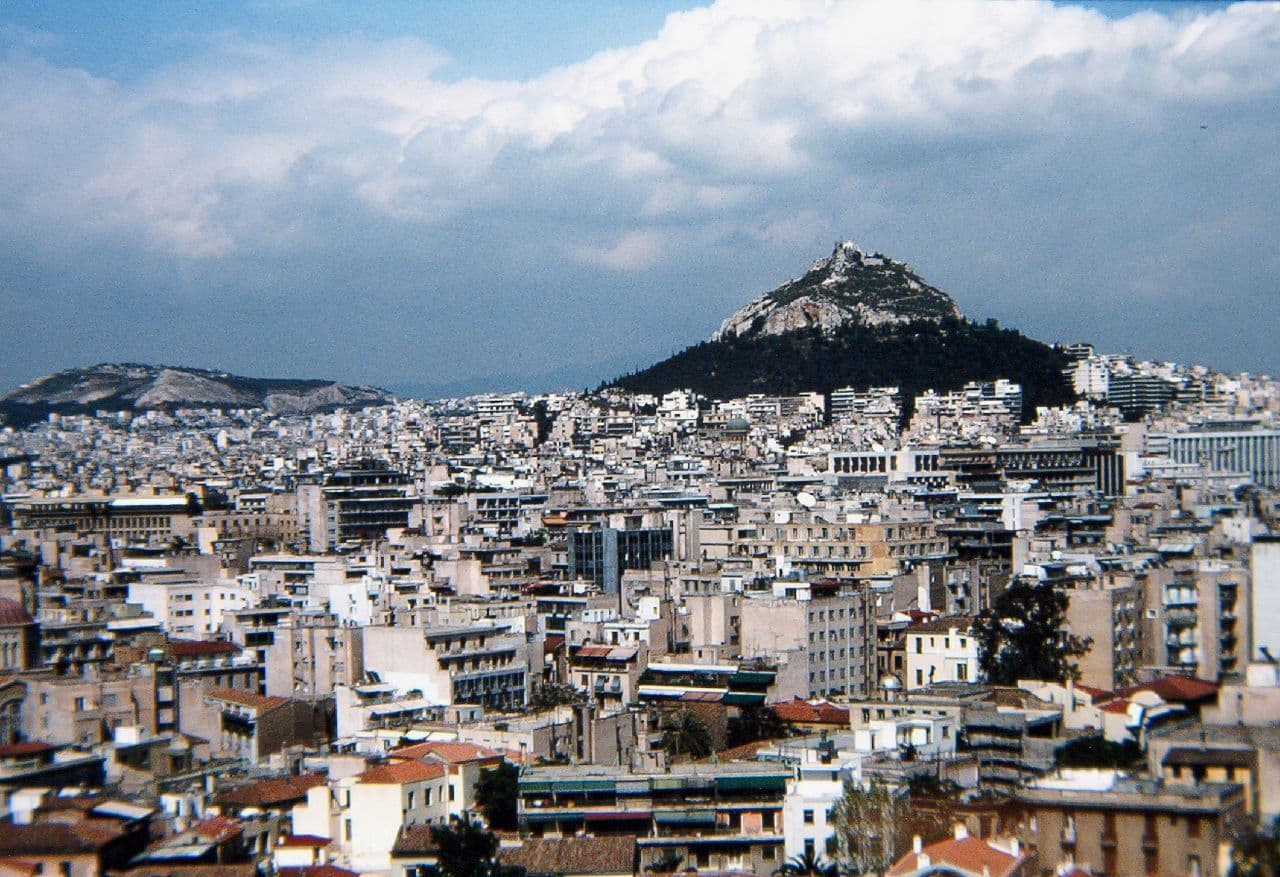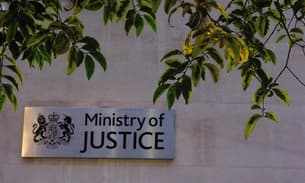
A Greek banker’s secret property deals
Athens: home of shady property dealings?
In an investigation for the Reuters news agency Stephen Grey, the investigative journalist best known for his work exposing CIA extraordinary rendition flights, reveals new details of alleged property deals between Greece’s Piraeus Bank and companies linked to the bank’s directors.
Grey writes that the bank’s executive chairman, Michalis Sallas, and his wife, Sophia Staikou, may “be emblematic of the lack of transparency and weak corporate governance that have fuelled Greece’s financial problems.”
Michalis Sallas and his wife, Sophia Staikou, may be emblematic of the lack of transparency and weak corporate governance that have fuelled Greece’s financial problems.
Stephen Grey, Journalist
Last year reports appeared in an anonymous blog called WikiGreeks.org and in the national newspaper Kathimerini about a series of private companies which had allegedly been loaned up to €250 million by Piraeus and whose debts appeared to have been written off.
Under Greek law, companies are not required to publicly disclose their shareholders or their directors. But Grey has examined records in the Greek government’s official gazette, which he says reveal “an extensive network of private interests connected both to Sallas and his family, and to several former senior executives at Piraeus.”
A family affair?
The investigation uncovered 11 companies in which members of the Sallas family have served on the board of directors. Sallas’ wife Staikou served as a director on nine of them, including at least six as chairman, while his children Giorgos and Myrto Sallas each served on four. Sallas himself was not a director of any of them. Yet despite the apparent links between the chairman and Piraeus Reuters says it was unable to locate any disclosures by the bank of any property purchases, rents or sales involving the private companies. The article continues:
Several accounting experts said deals such as rental agreements or the sale of real estate between the companies and the bank should have been defined as “related party transactions.” Under the International Financial Reporting Standards (IFRS), adopted by Piraeus in 2005, such transactions should have been disclosed publicly in the bank’s financial statements so as to highlight any potential conflicts of interest.
One former Piraeus executive who served on the companies’ boards was Konstantinos Liapis. According to the investigation Liapis is reported to have described his role as that of an agent of Sallas.
Liapis described his role as an agent of Sallas. “It is very simple,” he said. In his position running Piraeus, Sallas could not be the director of another company “so he appointed me.”
Liapis said many Greeks in high-profile positions were not honest in their declarations of assets; Sallas, in contrast, had been sincere and honest.
Properties in Athens
Grey highlights three deals which he says involved the Sallas companies. It is claimed these deals saw Piraeus purchase three central Athens properties for a total of €9.4 million. According to real estate agents, lawyers, and officials questioned by Grey, the deals could have been a complex attempt to buy properties indirectly from the family-connected companies. Others suggested it was simply a legal tax dodge. The article states:
In Greece, explained one senior tax official, most property is typically sold with part of the real price left undeclared and paid in cash. “The problem is when you want to sell the property again, if you declare the real price, then you are left with a huge capital gain to declare,” he said.
One solution, he said, was to make use of an individual who, in return for a cut of profits, operated as a so-called “strawman” who could buy on the gray market, paying both the declared price and an extra portion in cash, and then selling on at the real price.
Piraeus would not comment on these three deals.
Grey claims that one of the property deals involved MGS, a company in which Sallas held a majority shareholding, and at which Liapis had been a director.
MGS bought the property in 2003 for a declared total of 1.05 million euros. At the same time, Piraeus approved a loan to MGS of 2.4 million euros, secured on the property. MGS then got further cash from Piraeus by renting the property back as a bank branch for a monthly sum of 11,454 euros, according to later sale documents.
When it eventually sold the property in April 2006, MGS declared the sale price at 975,000 euros. According to the Athens real estate agent, this was “an extremely low price for those times. About two million euros would be a normal price.”
The buyer listed in the sale documents was a Lebanese-born businessman based in London called Philip Moufarrige. Nine days after buying the building, Moufarrige sold it to Piraeus for 2.65 million euros, according to a contract in the land registry.
Moufarrige, who lives in London, expressed bafflement when reached for comment….
“I have never owned property in Athens in my life,” he said. “This was done without my knowledge.”
Grey reports that neither Piraeus nor Sallas would answer questions about the property deals, saying they were unable to do so because of an ongoing legal case against an ex-Piraeus employee. But Matthew Saltmarsh, a UK-based spokesman for the bank, is reported by Reuters as saying that Greek banks had become “the most thoroughly audited financial institutions in the world,” and there was no reason to question Piraeus’ governance.
The Greek press is reporting that Piraeus is now filing a €50m lawsuit against Reuters over the investigation.
Read the full report at Reuters.com





